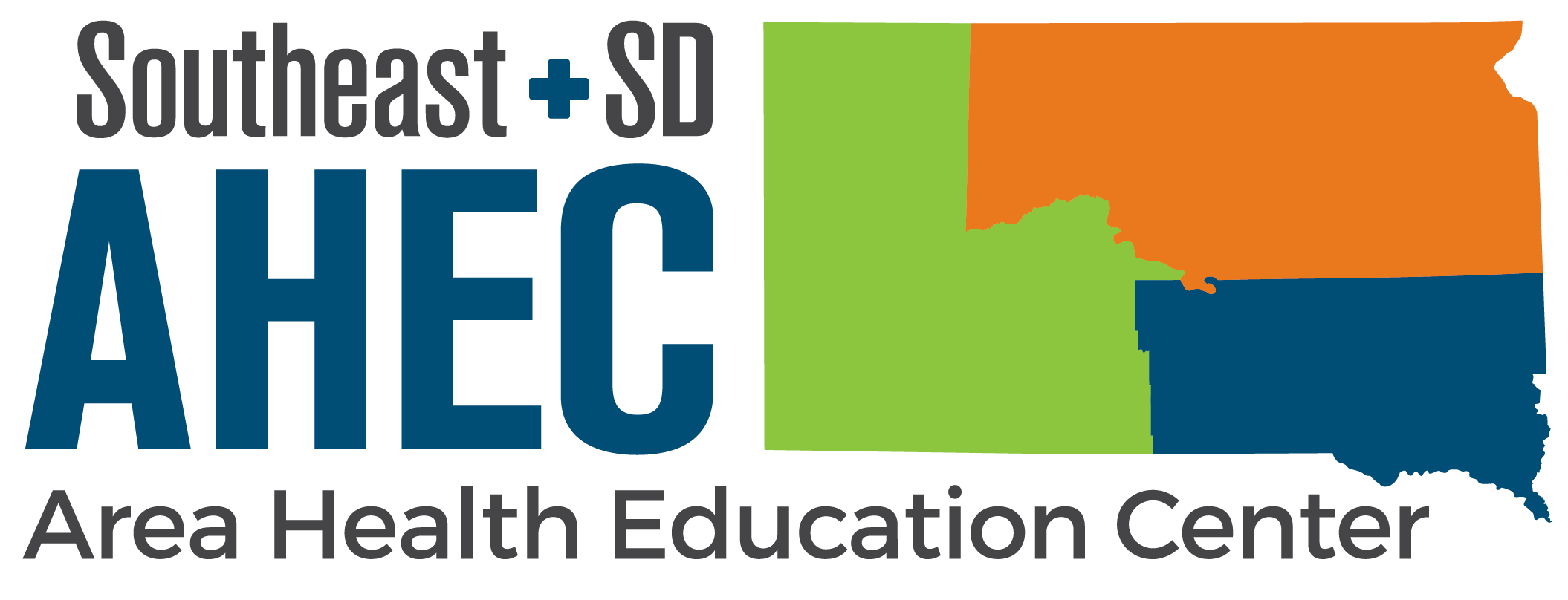Growing up in the small community of Herreid, SD, and after experiencing life in bigger cities in South Dakota, I clearly see that rural living is the life for me. I was fortunate to be accepted in the FARM program and spend my first year of clinicals in Mobridge, SD, which only solidified my desire to work as a rural family medicine physician. Nevertheless, after receiving an email explaining the REHPS program, I thought it would be interesting to experience healthcare in other rural settings and be able to see the similarities and differences in duties that family medicine physicians perform at different sites. However, what I experienced with the RHEPS program was much more than that.
During this experience, not only did I have the opportunity to follow Dr. Mueller at Monument Health Sturgis Hospital and learn what family medicine physicians do at this rural facility–work in the clinics but also rotate through doing 24-hr shifts in the ED and monitor hospital patients during that time as well. It was interesting to compare this to the system at Mobridge Regional Hospital and see how different the scope of practices can be in different areas.
While it was advantageous to be able to follow a rural physician and learn from her about what tests to order or how to treat different ailments, the REHPS program also offered me the opportunity to learn about the other areas of the healthcare system. We had the opportunity to learn from the radiology technicians, the lab technicians, the billing/coding system managers, the long-term care team, and many more. I felt that this really benefitted me as a future rural physician and gave me a better insight to understanding the roles that each of these departments and individuals play in the care of my patients. For example, while following the radiology technicians, we learned how important it is for have a larger-gauged needle at a proximal site that allows them to push IV contrast to get the best image possible for CTAs. As a physician, knowing that I may need to order this scan may help me communicate to nursing to try to get large-gauge needle access initially since it will be required to get a good picture.
Rural healthcare is built on teamwork and all coming together to achieve the best care for our patients. The REHPS program gave me the opportunity to learn more about my future teammates and hopefully provide me with better understanding of their scope of practice. I honestly believe that each individual going into healthcare should go through a program such as this—helping everyone understand and appreciate the inner workings and importance of their teammates.
